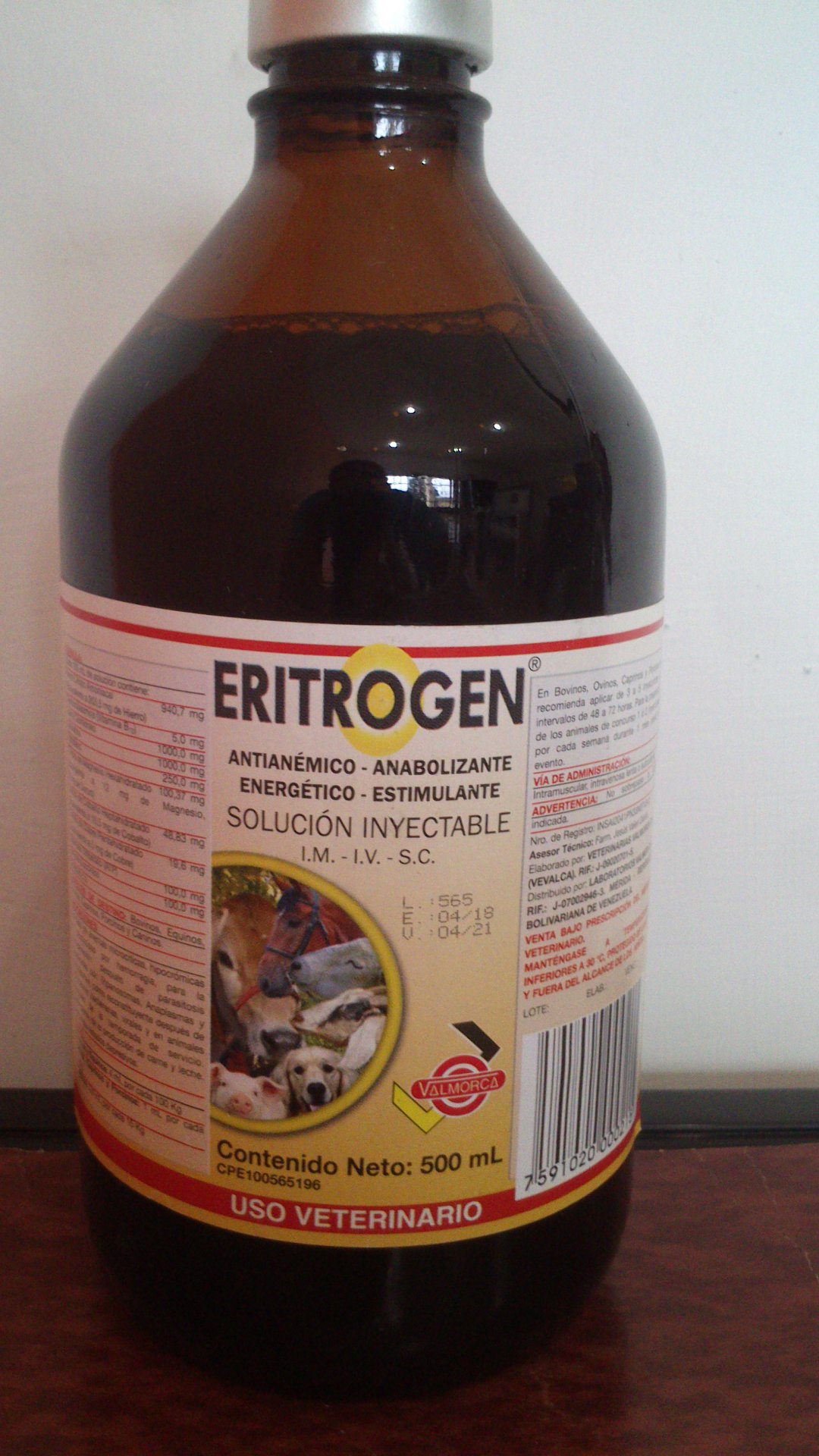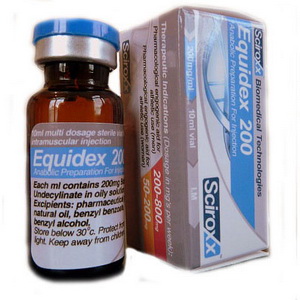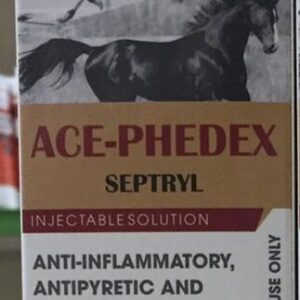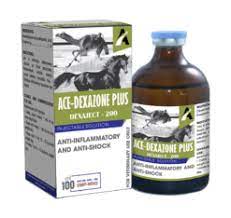Eritrogen
The dosage of Eritrogen depends on several factors, including the species, the weight of the animal, and the specific condition being treated. As a general guideline for most veterinary products used to treat anemia or boost red blood cell production, the dosage will vary based on the formulation and concentration of the active ingredients. However, only a licensed veterinarian should determine the precise dose.
Here’s a general approach to Eritrogen dosing:
For Horses:
Injectable form: The dosage is usually calculated based on body weight, typically given intramuscularly or subcutaneously. The standard dosage may range between 1-3 ml per 100 kg of body weight, but this can vary depending on the formulation and the severity of the anemia or condition being treated.
Frequency: The injections may be given daily or every other day for a period of time, depending on the animal’s response to the treatment and the veterinarian’s recommendations.
For Cattle and Other Livestock:
Dosage: Similar to horses, the dosage is often based on body weight. A common range might be 1-2 ml per 100 kg of body weight, though this can differ depending on the specific condition and product formulation.
Frequency: Treatment may last for several days to weeks, depending on the response.
General Precautions:
Do not overdose: Excessive administration can lead to side effects like iron toxicity or other metabolic disturbances.
Veterinary supervision is essential: Proper monitoring of red blood cell count and overall health is necessary during treatment.
Always follow veterinary guidance:
The dosage and frequency should be determined by a veterinarian, based on the specific animal’s health status, weight, and treatment goals. Regular monitoring of the animal’s bloodwork is important during the administration of erythropoietic agents like Eritrogen to ensure safety and efficacy.
The dosage of Eritrogen can vary based on the species, the condition being treated, and the animal’s weight. Common dosing instructions may look like this:
Horses: Dosages are often determined by a veterinarian based on body weight, typically administered through injection or oral supplementation over a course of treatment.
Cattle and Livestock: Dosing for livestock will similarly depend on the specific health condition and size of the animal.
Administration:
Injectable form: Eritrogen is often administered via intramuscular or subcutaneous injection, depending on the product and veterinary instructions.
Oral supplements: In some formulations, it may be available as a powder or liquid to be added to the animal’s feed.
Potential Side Effects:
While generally well-tolerated when used according to veterinary guidelines, possible side effects include:
Allergic reactions: Rarely, some animals may show signs of an allergic reaction such as swelling, hives, or difficulty breathing.
Gastrointestinal disturbances: Overdosing or incorrect administration could lead to digestive upset, such as diarrhea or vomiting.
Iron toxicity: Excessive administration of iron can cause toxicity, which can be harmful, especially in animals not suffering from anemia.
Precautions:
Eritrogen should only be administered under the guidance of a licensed veterinarian.
Avoid overdosing, particularly in animals that are not suffering from anemia, as unnecessary iron supplementation can lead to complications.
Eritrogen is a powerful therapeutic agent for improving blood health, specifically used to treat anemia or support recovery in horses, livestock, and other animals. It must be used responsibly, and dosing should always be overseen by a professional veterinarian to prevent adverse effects or misuse in comp
Eritrogen is a veterinary medication primarily used to treat certain conditions related to anemia in animals, particularly in equine and livestock. It is designed to improve red blood cell production and boost the overall oxygen-carrying capacity of the blood, which is crucial for animals undergoing intensive training, recovering from illness, or suffering from blood disorders.
Composition:
Eritrogen typically contains ingredients that stimulate the production of red blood cells or support overall blood health. These may include:
Iron compounds: Essential for hemoglobin synthesis and proper oxygen transport.
B vitamins (especially B12): Crucial for red blood cell formation and energy metabolism.
Amino acids: Assist in building proteins necessary for cell growth and repair.
Copper: Often included as a cofactor for iron metabolism.
Uses:
Eritrogen is commonly used in veterinary practice for:
Treatment of Anemia: It is used in cases where animals suffer from low red blood cell counts, typically caused by parasitic infections, blood loss, or poor nutrition.
Recovery and Convalescence: Animals recovering from surgery, illness, or heavy training regimens may benefit from an increase in red blood cell production to improve endurance and overall recovery.
Performance Enhancement in Horses: In some cases, Eritrogen may be used in horses or other performance animals to improve their endurance, stamina, and oxygen-carrying capacity, though this use must adhere to the regulations of the specific competition bodies regarding doping.




Reviews
There are no reviews yet.